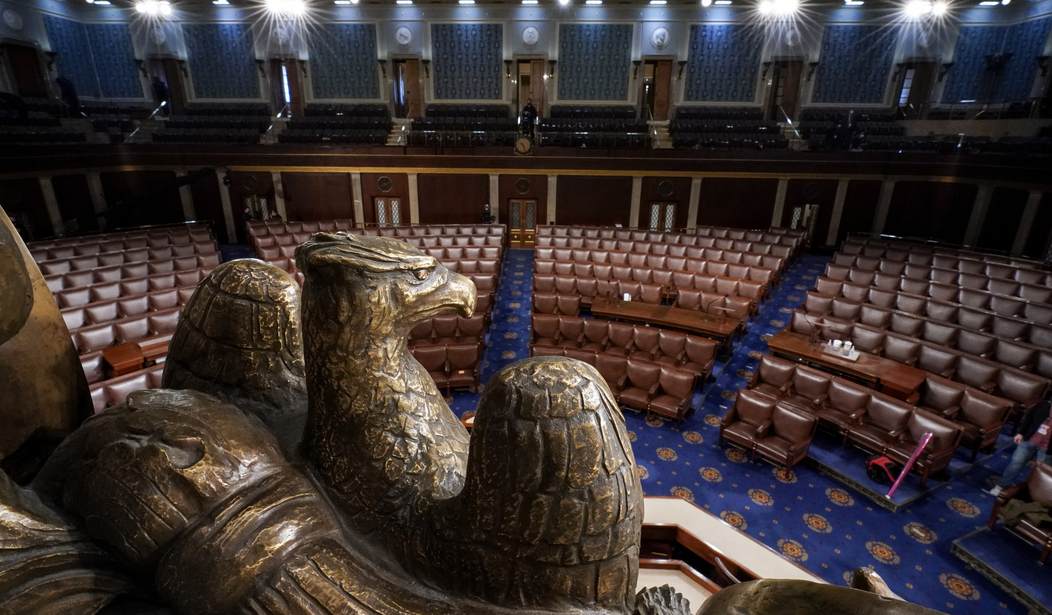The Senate passed the House-approved $1.7 trillion budget bill early this morning thus completing the budget cycle that should have ended on October 1.
This is no way to run a government. But, since few members of Congress and comparatively few taxpayers care how the government is run, this is the way it is.
Do you want to achieve immortality? Get elected to Congress. The late California Senator Diane Feinstein may be out of Congress and in the grave but her name is attached to 256 different earmarks included in the budget bill.
Dead, but hardly buried.
Those 256 earmarks will cost the American taxpayer $1.1 billion. And Feinstein, a California icon, will no doubt have statues erected and buildings named in her honor.
There's nothing intrinsically wrong with earmarks. But the massive abuse of the practice of using federal money for specific uses and projects has gotten so far out of hand that it needs to be banned again.
For 10 years, from 2011 to 2021, earmarks were banned. But since they've come back in vogue, both conservatives and liberals have taken to stuffing the budget with pork, rationality and prudence be damned.
The partial budget deal—which contains six of the 12 appropriations bills that make up the discretionary portion of the annual federal budget—is overflowing with earmarks to fund lawmakers' pet projects. All told, there are more than 6,000 earmarks in the bill, costing taxpayers more than $12.7 billion, according to Sen. Mike Lee (R–Utah), who has urged Republicans to vote against the package.
Many of the earmarks in the package seem like things that would be better funded by local or state taxpayers, who at least might stand to benefit from projects like new sewer systems, new runways and other upgrades for tiny rural airports, and a plethora of highway projects. Some are truly head-scratching, like Sen. Tammy Baldwin's (D–Wis.) $1.4 million earmark for a solar energy project in Wisconsin, one of the places in America least well suited for a solar farm.
The list of mindboggling, wasteful, unnecessary pork is numbing: a $3.5-million earmark secured by Sen. Debbie Stabenow (D–Mich.) for the company that runs Detroit's annual Thanksgiving Day parade; a $2.5 million earmark to build a kayaking facility in New Hampshire; a $2.7 million budget request that will build a bike park in Sulfur Springs, West Virginia, a town of about 2,300 people.
For that amount of money, "you could buy EVERY resident a $1,200+ bike" Sen. Rick Scott (R–Fla.), who has become a vocal critic of the earmarks in the bill, posted on X (formerly Twitter). "There's no way they need this much of YOUR money for this."
The same could be said for several Republican-based earmarks too. Sen. Lindsey Graham (R–S.C.) has inserted at least eight earmarks into the bill, forcing federal taxpayers to put up more than $33 million for things most will never use, like a new trail at Coastal Carolina University and an ROTC facility at the University of South Carolina. Among the dozens of earmarks inserted by Sen. Lisa Murkowski (R–Alaska), perhaps the strangest is the $4 million grant for the "Alaska King Crab Enhancement Project."
Instead of rewarding lawmakers for this profligacy with votes, why not show up at the next town hall and give the members the what for? Make sure they know that you will not vote for them until they mend their ways.
No, it won't make a bit of difference. But it might make you feel a lot better.








